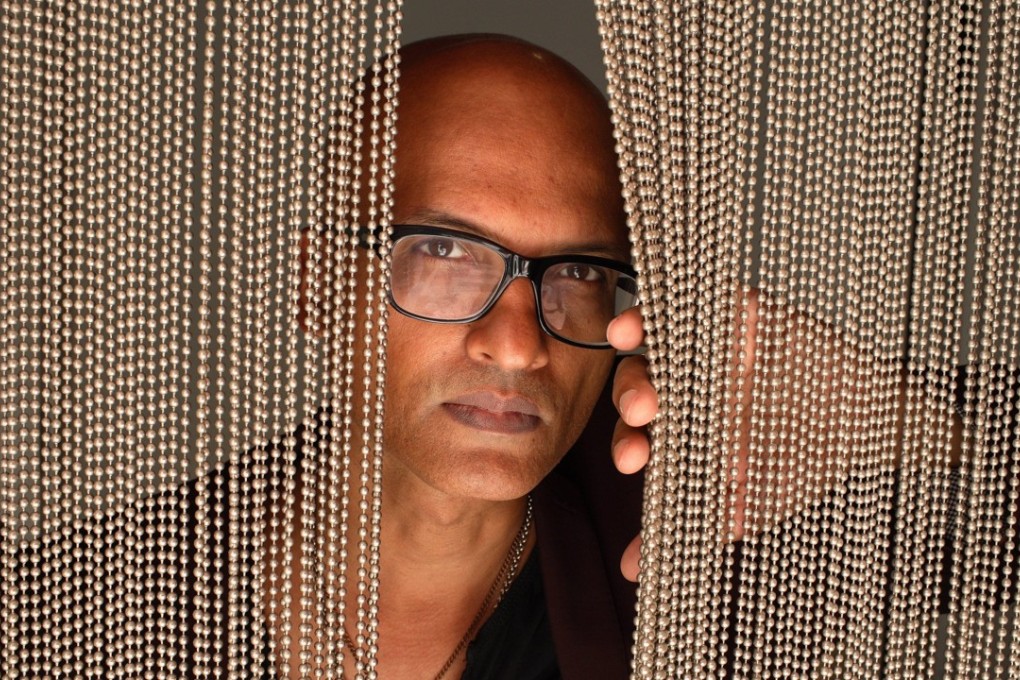Review | Former Hong Kong student Jeet Thayil’s novel dissects the dissolute lives of India’s bohemian poet laureates
Part fiction, part cultural history, ambitious The Book of Chocolate Saints inspired by the vibrant Bombay literary scene of the 1970s and 80s

The Book of Chocolate Saints
by Jeet Thayil
Faber & Faber
In the decade starting in the late 1970s, the city then known as Bombay witnessed an explosion of poetry written in English.
Indians had been writing poetry in English from the early 19th century, but there was something special about the 70s and 80s: there were magazines publishing serious poetry, poets met each other and read to small but devoted audiences, and three publishing ventures – Clearing House, Newground and Praxis – emerged to give space to new voices.
While not as moveable a feast as Paris in the 20s, nor as trendy as New York in the 60s, the Bombay of the 70s and 80s saw promising youngsters such as Jeet Thayil and Menka Shivdasani, and later Ranjit Hoskote, and older, more established poets such as Gieve Patel, Adil Jussawalla, Saleem Peeradina, Eunice de Souza and Arun Kolatkar, writing inspired verse. Then there was Dom Moraes, who had, at 19 years old, won the Hawthornden Prize in Britain, a remarkable achievement for one so young and for one not born there. And there was Nissim Ezekiel, easily the doyen, who mentored two generations of poets.
Writing in English was marginal in India at best, and writing poetry more so – nobody had illusions that they were going to change the world. Many of the younger poets were writing simply to express themselves, articulating their responses to the world around them. Several of the older poets were attempting to wrest Indian poetry in English from some of the nationalistic nonsense that emerged during India’s freedom struggle (India became independent in 1947), and the more honest among them were offering imagery that was neither suffused with nostalgia for an English countryside many had never seen, nor attempting to exoticise it with sprinklings of Indian tropes.